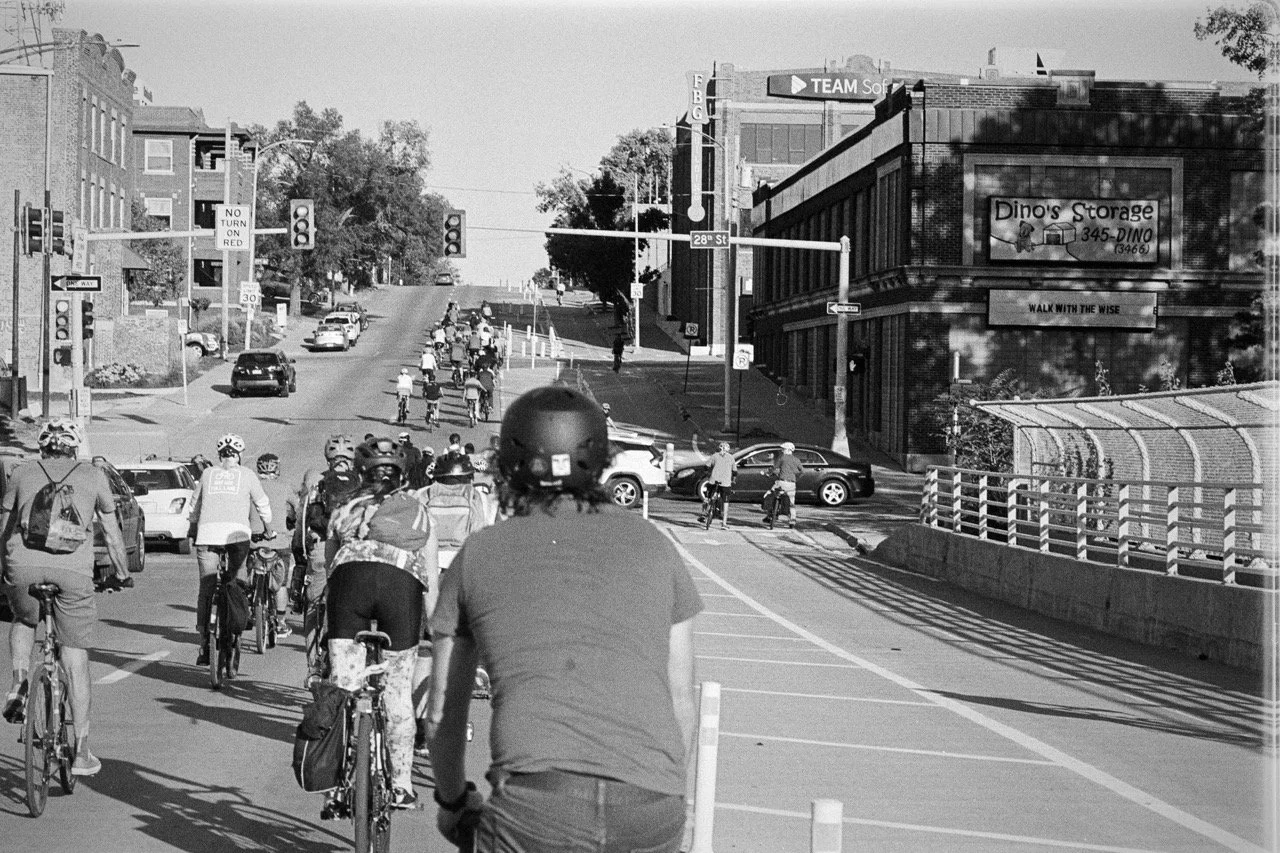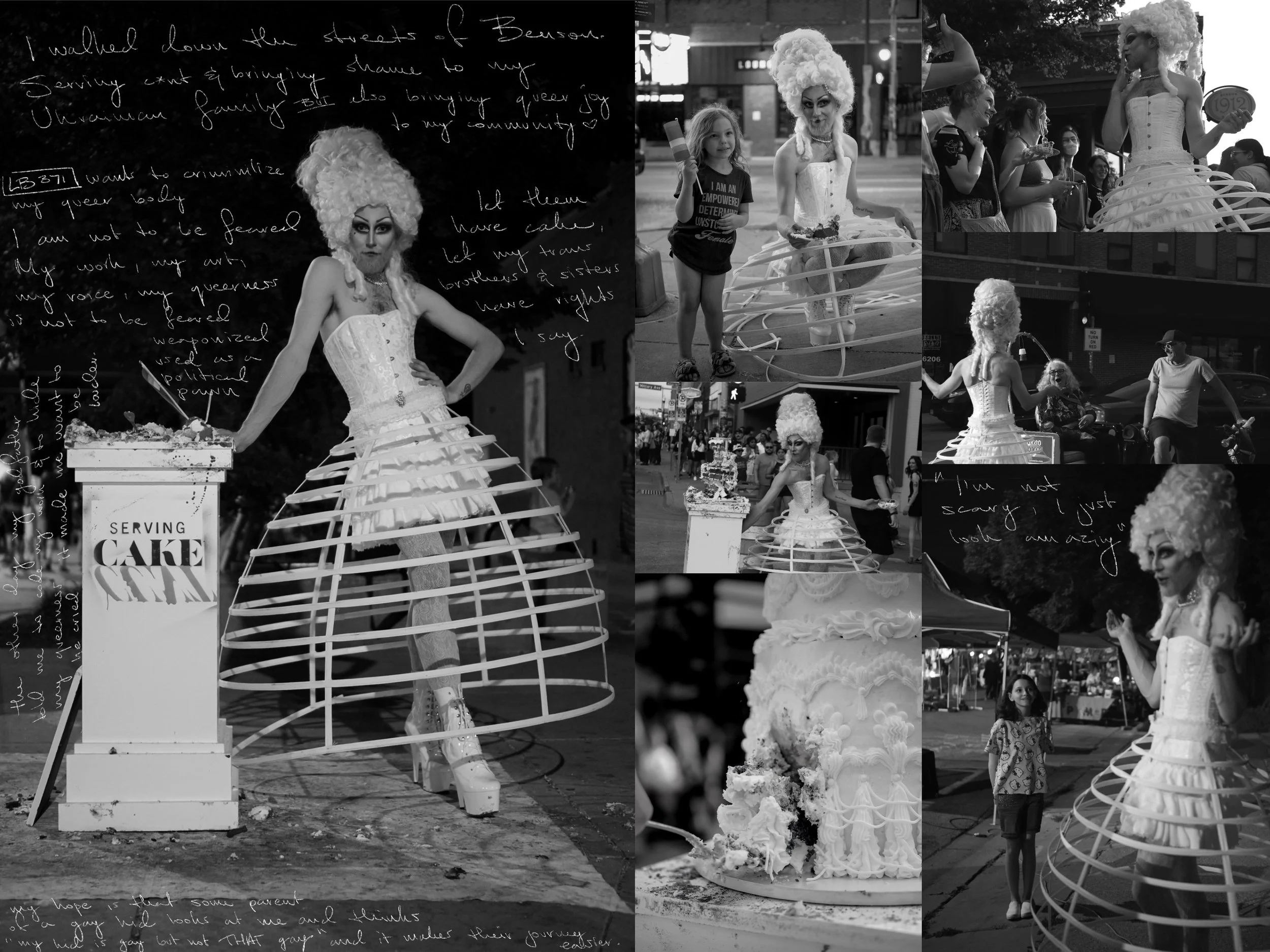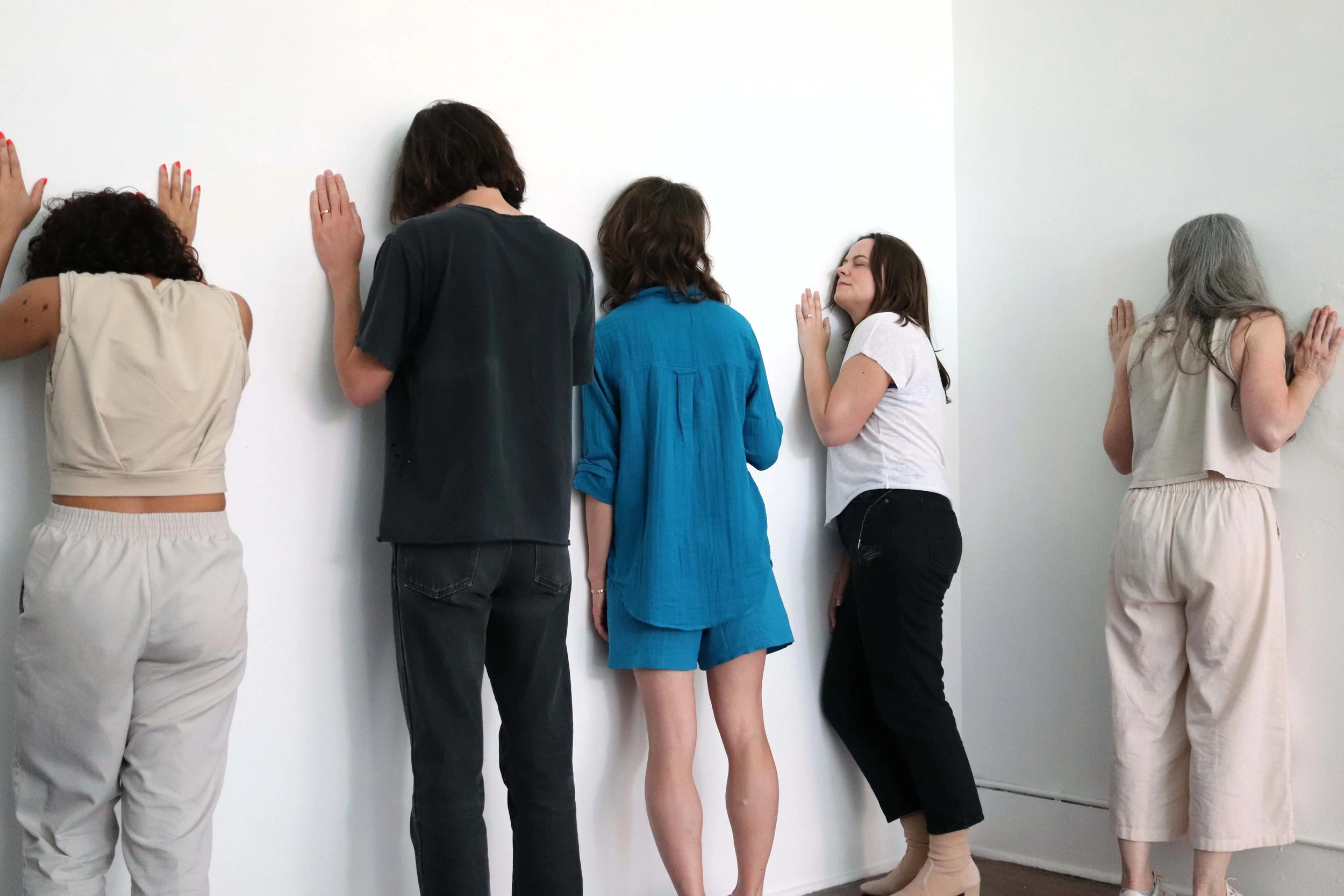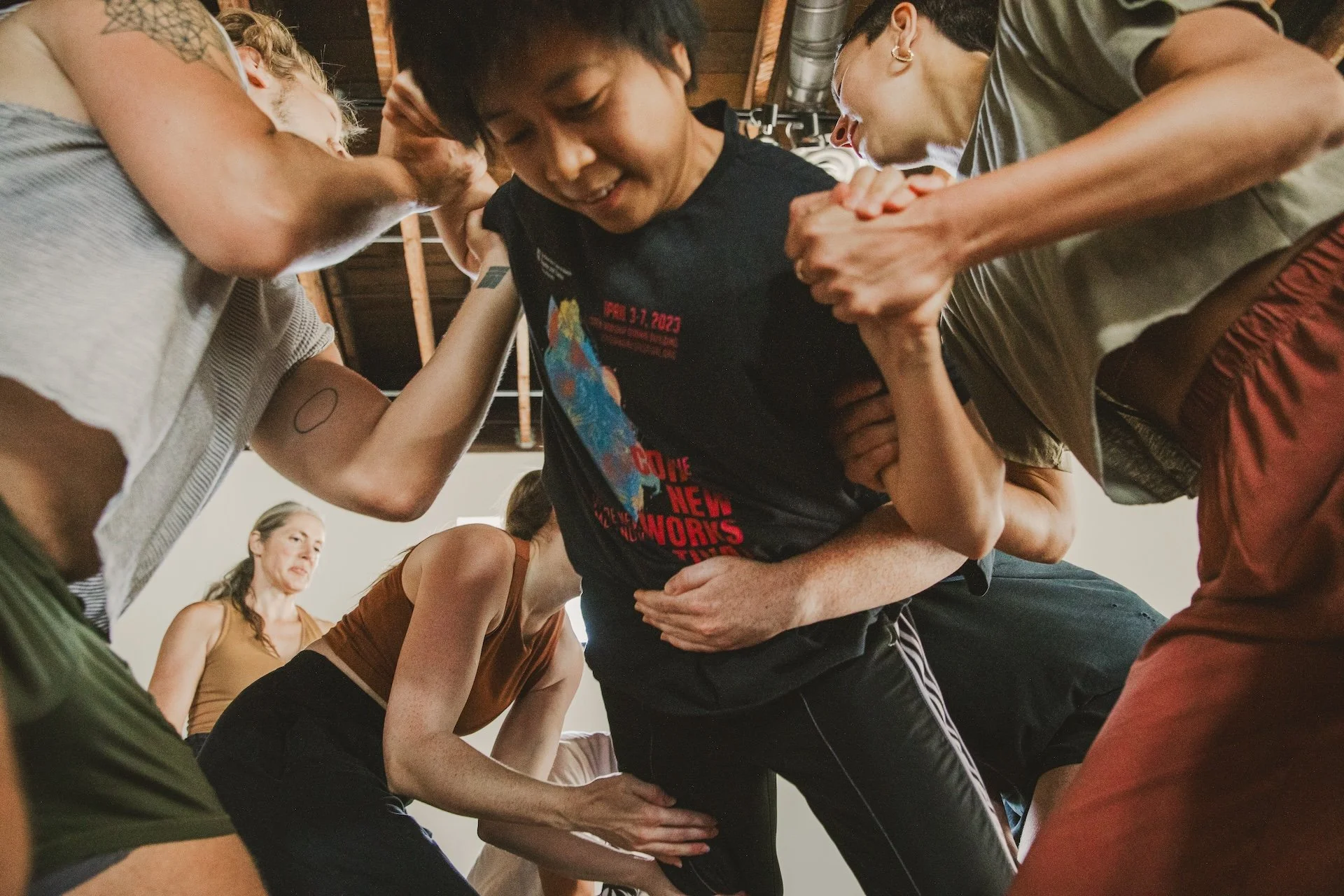“On the evening of September 29, 2022, a protest took place at Dewey Park to oppose the removal of the Harney Street bike lane. Stretching a mile and a half, this was Omaha’s first protected bike lane, connecting Midtown to the Old Market.”
Read More“Refuse the narrow definitions of value and use that are assigned to objects by capitalism.
Refuse what relies on waste for profit.
Refuse what is rejected as trash, what is seen as useless and de-nied the chance to be useful.”
Read MoreOn December 11th, artists and organizers Amanada Huckins, Alex Jochim, Joseph Orzal, Bilgesu Sisman, Marcey Yates, and Rachel Ziegler discussed navigating alternative models of economic organization and building resilience in the face of precarity and the uncertain future of arts funding.
Read MoreOn October 18th, Mi’oux Stabler and Lydia Cheshewalla sat down with Casey Welsch for a conversation about food sovereignty’s role in confronting generations of colonial dispossession and revitalizing community health and cultural autonomy.
Read More“The struggles of artists and cultural workers for fair compensation and financial stability/sustainability cannot and should not exist independent of struggles for housing, healthcare, education, and protections led by people from all walks of life.”
Read More“The composition layers keyboard played by Mary Elizabeth Jo Dixen Pelenaise Kapi’olani Lawson, her vocals (chanting, reading, humming), sounds inside a kitchen, and the voice of Paul Stephen Benjamin singing ‘Black Is the Color.’”
Read More“Indigenous people of this continent have ancestral responsibilities and rights that others do not. Each of us is born with the opportunity to serve our community in a way that fulfills a need. My energy goes towards forging relationships with the plants from this region that remain.”
Read More“Taking the project from its inception to completion helped us deepen our respective creative practices and our relationships with each other and our collaborators. It’s also a process that we invite others to copy freely and use as a blueprint for making similar work in different social and geographic contexts.”
Read More“East, West, North, South, each occupy equal weight on the compass, and all regions enjoy autonomy and self-determination to their fullest possible expressions. Poverty is a memory and prosperity is promised to all. We have achieved Utopia. Now, where do you want to eat?”
Read More“I remember stepping off the plane and thinking, I've made it. This is the promised land. A utopia. A place where dreams come true. Unfortunately over the last decade, I've watched this vision of what America claims to be, fall apart right in front of my very eyes. This utopia is a dystopia in disguise.”
Read More“The bathroom is a space where people can be completely themselves. This is a sacred and safe space because there is no one else around to tell them otherwise, unless it were to be interrupted or intruded. There are an endless number of events that can take place in this setting throughout our lives, whether positive, negative, or neutral.”
Read MoreOn June 14th, Rainy M., Lee Emma Running, and Lauren Simpson sat down for a conversation about positioning creative practice as an investigative tool to explore the relationships between power, touch, consent, and control.
Read More“The World Health Organization (WHO) defines 55dB to be the threshold at which noise becomes harmful to human health. Noise and air pollution are interlinked, as both are typically birthed from machines, transportation, and propagation systems.”
Read MoreOn April 12th, Amanda Huckins, Carolyn Erickson and Eden Erickson, Maritza N. Estrada, and Kelly Seacrest sat down for a conversation about mutual caregiving and its potential as an embodied practice to build solidarity within creative communities.
Read More“Horseplay is fooling around. Horseplay workshop is organized fooling around. We are serious about practicing but not always serious within the practice.”
Read More














